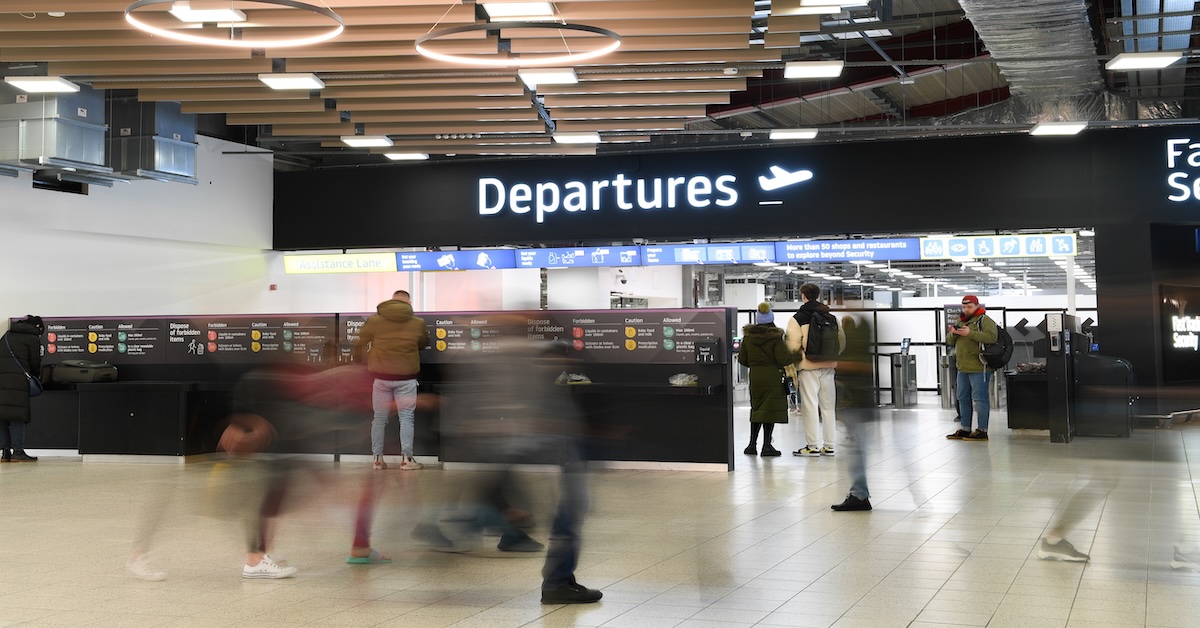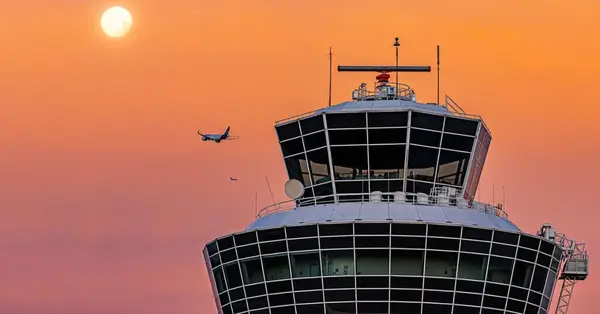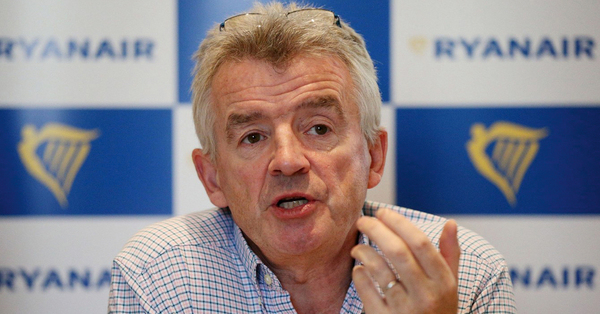You are viewing 2 of your 2 free articles
New data downgrades global travel and tourism greenhouse gas emissions
Previous estimates suggesting that the global travel and tourism sector was responsible for up to 11% of all emissions has been challenged by new research.
The World Travel & Tourism Council study shows that the sector’s greenhouse gas emissions totalled 8.1% globally in pre-pandemic 2019.
The divergence of the sector’s economic growth from its climate footprint between 2010 and 2019 is evidence that the industry’s economic growth is decoupling from its greenhouse gas emissions, according to the research covering 185 countries.
These emissions have been falling consistently since 2010 as the result of technological developments, as well as the introduction of a number of energy efficiency measures across industries within the sector, the WTTC global summit in Saudi Arabia heard.
The sector’s GDP has grown on average 4.3% annually between 2010 and 2019, while its environmental footprint has only increased by 2.4%.
Broader Environmental & Social Research (ESR) will include measures of the sector’s impact against a range of indicators, including pollutants, energy sources, water use, as well as social data, including age, wage and gender profiles of travel and tourism-related employment.
WTTC will continue to announce new data on how the sector fares against these indicators throughout 2023.
It believes governments around the world now have a tool to inform their decision-making and accelerate environmental change more accurately.
WTTC president and chief executive Julia Simpson said: “Until now we did not have a sector-wide way to accurately measure our climate footprint. This data will give governments the detailed information they need to make progress against the Paris Agreement and the UN sustainable development goals.
“Travel and tourism is making huge strides to decarbonise, but governments must set the framework.
“We need a steely focus on increasing the production of sustainable aviation fuels with government incentives. The technology exists.
“We also need greater use of renewable energy in our national grids – so when we turn on a light in a hotel room, it is using a sustainable energy source.”
She added that 8.1% “is the stake in the ground” and added: “The key is to become more efficient and decoupling the rate at which we grow from the amount of energy we consume from today, every decision, every change, will lead to a better and brighter future for all.”


















